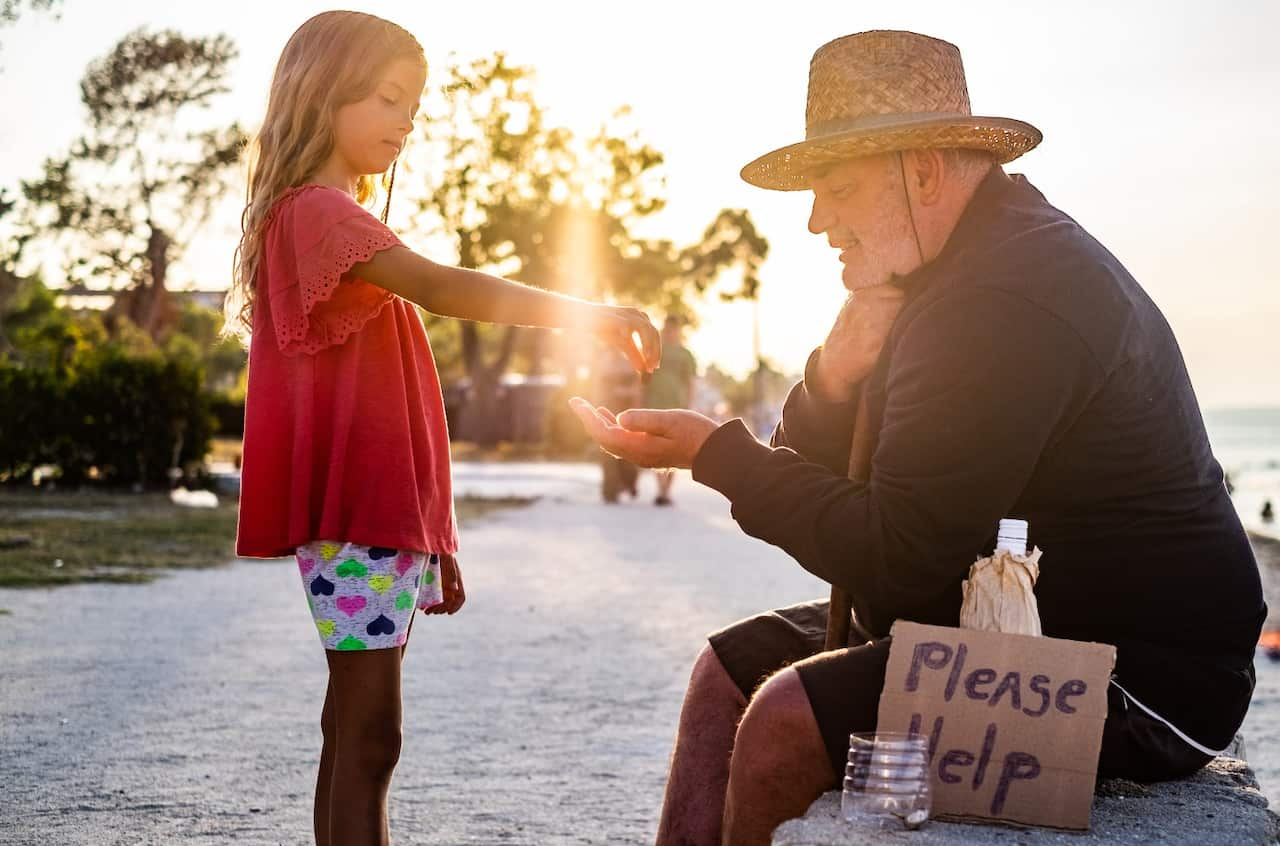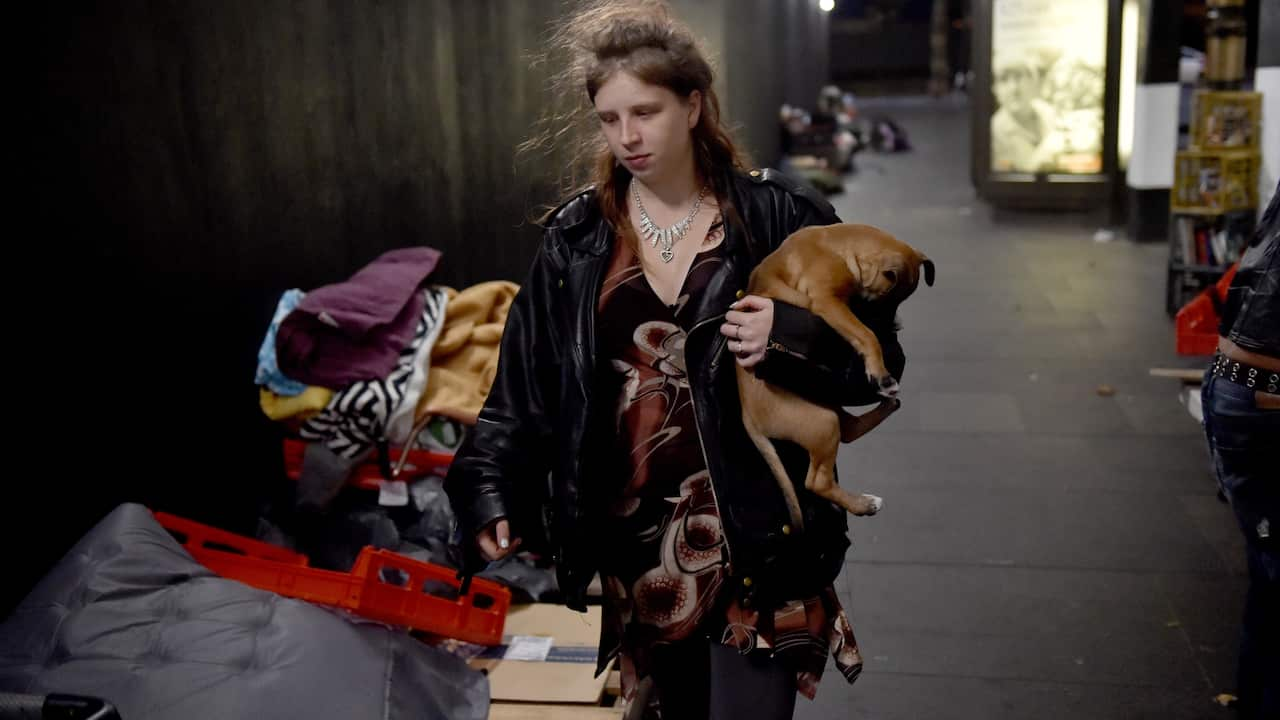Highlights:
- Approximately 16,000 people currently experiencing homelessness or sleeping rough have been provided with temporary accommodation across Australia as part of state and territory response to the COVID-19 pandemic
- Nearly a third of Australians have reported that their household finances have been negatively impacted due to COVID-19
- People with CALD backgrounds account for 46 per cent of homeless people in Australia
Everybody needs a home is this year’s theme for the National Homelessness Week campaign which runs from Sunday 2 August to Saturday 8 August.
According to the most recent estimate from the Australian Bureau of Statistics, the rate of homelessness increased 4.6 per cent over the five years between 2011 and 2016, and there are more than 116, 000 homeless people in Australia.

Jenny Smith is the CEO of the Council to Homeless Persons and the Chair of Homelessness Australia.
She says people need to understand that issues like family violence and housing affordability cause homelessness, not individual vulnerabilities.
If you're poor in our community, it's impossible to see how you can afford housing in our current housing market, and the chance of you becoming homeless is very high.
Since the pandemic reached Australia, the Tenants Union of NSW website has recorded a 493 per cent increase in people accessing information being behind on rent and eviction.
With nearly a third of Australians reporting that their household finances have been negatively impacted due to COVID-19, the homelessness sector is advocating for a nationally consistent approach that would see homelessness in Australia as a ‘rare, brief and non-recurring incident’.

David Pearson is the CEO of the Australian Alliance to End Homelessness (AAEH).
He says — given the significant response of the homelessness sector to the COVID-19 pandemic — there has never been a better time to end homelessness in Australia.
The responses we’ve seen have been a phenomenal effort.
As part of state and territory COVID-19 temporary accommodation responses, approximately 16,000 people experiencing homelessness have been sheltered in hotels and motels across Australia.
The aim now is to provide permanent housing to those receiving support, so they don’t return to rough sleeping homelessness.
This is our opportunity to do something that is not only needed but achievable.
Mr Pearson says governments should look to successful models from around the world, such as the Housing First approach which ended homelessness in Finland, or the local community collaborations in the United States where thirteen communities managed to end homelessness in their areas.

To end rough sleeping homelessness during the COVID-19 pandemic, AAEH calls for a policy response to secure additional social and affordable housing through a ‘HomeSeeker Package” for people currently homeless or housed in temporary or crisis accommodation.
Karyn Walsh, CEO of Micah Projects and Chair of the Australian Alliance to End Homelessness, says that homelessness is as much a health policy issue as it is infrastructure and social services.
People sleeping rough are an incredibly vulnerable health population.
She points out if homeless people get COVID-19, not only it would be bad for community transmission, but the consequences could be fatal for many.
Social distancing, personal hygiene and staying home if unwell, cannot be achieved without a home.
Evelyne Tadros, Mission Australia state leader for New South Wales, says migrants are disproportionally affected by homelessness.
Some of them might have a lack of understanding of tenancy rights and risk exploitation by landlords.
People with CALD backgrounds account for 46 per cent of homeless people, and they are less likely to use homelessness services due to language barriers, social isolation and discrimination.
Also, depending on the category of visa they hold, many recent migrants may have restricted access to Medicare, education and training, which makes them particularly vulnerable and disadvantaged in accessing support services.
The Translating and Interpreting Service (TIS National) provides free interpreting services for people who are not fluent in English. To request the assistance of an interpreter for free, call TIS National on 131 450.
Visit the Homelessness Australia website for more information if you or somebody you know is at risk of homelessness.
